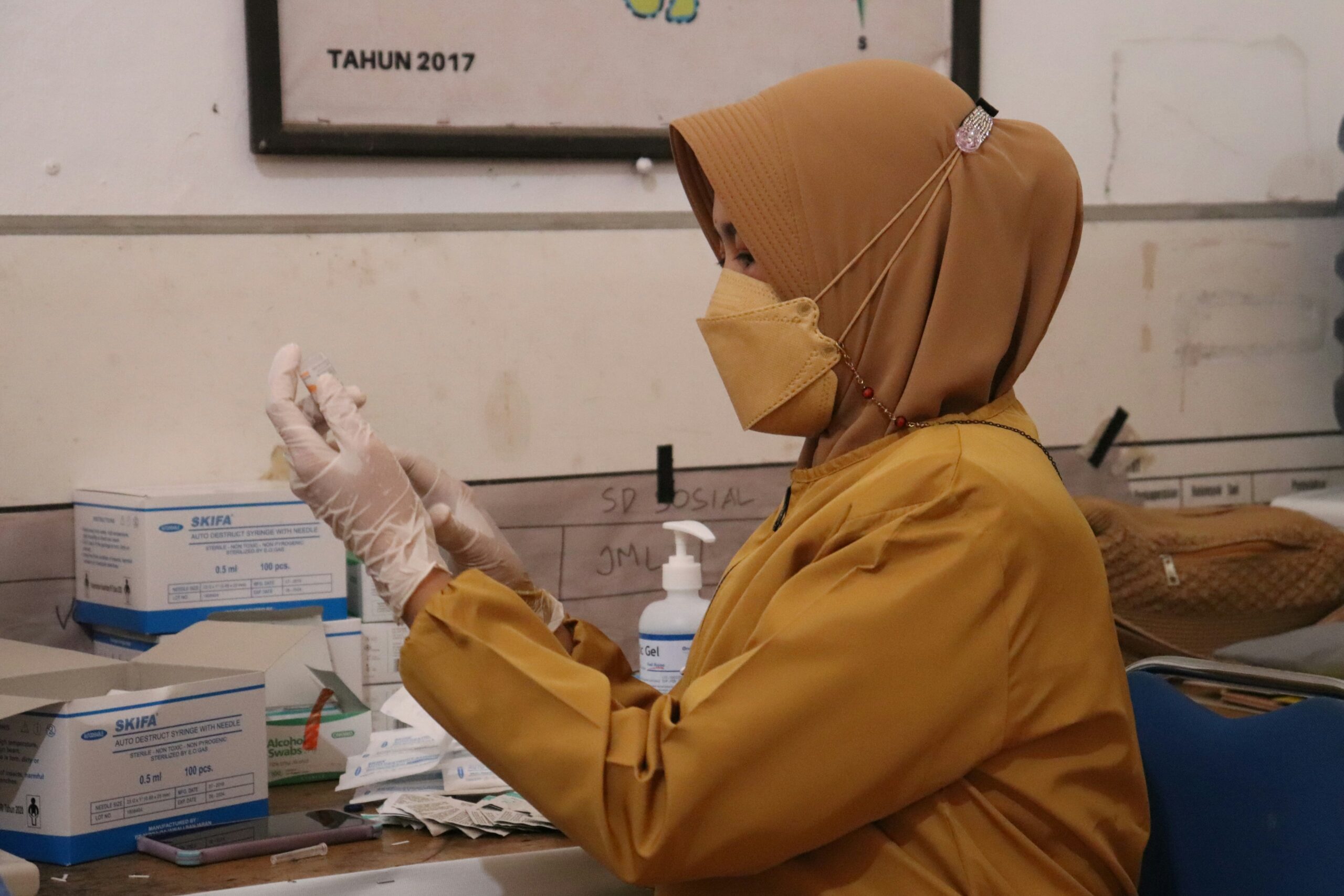Tajikistan’s primary health care, based on a family medicine model, faces low per-capita funding, outdated financing, and persistent informal payments. To strengthen it, the country should pilot per-capita payment systems, update the benefits package for better...

Price increases at clinics fuel Korea’s health insurance expenditure growth
A report by the Korea Development Institute reveals that rising health insurance spending in Korea is primarily driven by increasing prices at clinics and outpatient services, leading to concerns about the system's sustainability. A recent report from the Korea...
Bridging healthcare gaps through specialized mobile healthcare services to improve healthcare access and outcomes in rural Hungary
This study assessed a public insurance-based telemedicine system in rural Hungary, where 12 Mobile Healthcare Service Centers provided general and specialist care to over 21,000 residents, resulting in the diagnosis of new hypertension and diabetes cases and high...

Renewing New Zealand’s Primary Care System
The report "The Heart of Healthcare: Renewing New Zealand's Primary Care System" highlights the economic benefits of investing in general practice, showing potential cost savings and improved patient care compared to emergency department visits.The report "The Heart...
Purchasing primary care services for quality chronic care: Capitation with performance payments in four countries
Published in The International Journal of Health Planning and Management, the open-access short communication “Purchasing Primary Care Services for Quality Chronic Care: Capitation With Performance Payments in Four Countries” examines how provider payment reforms can...

Over 90% of China’s village clinics covered by basic medical insurance
Over 90% of village clinics in China are covered by basic medical insurance, with the government investing in upgrades and aiming to enhance grassroots healthcare by 2027 through integration and the use of artificial intelligence. More than 90% of village clinics in...
Citizen participation in the political economy of primary healthcare financing in Nigeria: a cross-sectional survey
Published in Discover Health Systems by Springer Nature, the open-access article "Citizen participation in the political economy of primary healthcare financing in Nigeria: a cross-sectional survey" explores the critical role of civic engagement in shaping healthcare...

World Bank Provides Additional Financing to Improve Primary Health Care Quality in the Kyrgyz Republic
The World Bank has approved $11.45 million in additional funding to support the Kyrgyz Republic's efforts to enhance primary health care services by improving diagnostic capacity and implementing IT systems within the ongoing Primary Health Care Quality Improvement...

‘No plans’ to allow private health cover of GP care
Australia does not plan to create a two-tier healthcare system by bringing in private insurers for GP care. The Health Minister shuts down all calls for letting private insurers cover GP care.Calls to lift the ban on private health insurers subsidizing GP visits have...

Ireland’s opportunity to lead: Expanding universal access to primary health care
Ireland has a strong opportunity to lead in health reform by expanding universal primary care. With public support and affordable costs, the country is well-positioned to ensure care for all. Ireland has a unique opportunity to transform its health system and join its...
Smart spending to combat global health threats
Global public goods for health, including prevention, preparedness, and response (PPR) measures, are vital for safeguarding populations against future health threats. Yet the scale of investment in these areas remains inadequate and uneven, especially across income...
Programme-based budgeting for primary care financing: insights for practitioners
In many low- and middle-income countries (LMICs), traditional line-item budgeting has hindered effective primary care financing by reducing transparency, limiting flexibility, and fragmenting expenditures. Programme-based budgeting (PBB) offers a strategic...

Kenya unveils health financing initiative to boost primary healthcare
The Kisumu Medical and Education Trust (KMET) has launched Tiba Mashinani, a health financing initiative providing loans to private primary healthcare facilities in the Lake Region Economic Bloc, aiming to improve access to quality medical care. The Kisumu Medical and...

Addressing Africa’s health financing gap: Insights from the AHAIC Conference
Experts at AHAIC 2025 emphasised domestic resource mobilisation, prevention, and public-private partnerships to close Africa’s health financing gap, with only $40 per capita for healthcare in many nations. At the Sixth Africa Health Agenda International Conference...

Malaysia’s healthcare system a ticking bomb
Malaysia's healthcare system is facing significant challenges due to a growing non-communicable disease epidemic, an ageing population, chronic underfunding, and a demoralised workforce, all of which threaten the quality and accessibility of care. Malaysia's...
